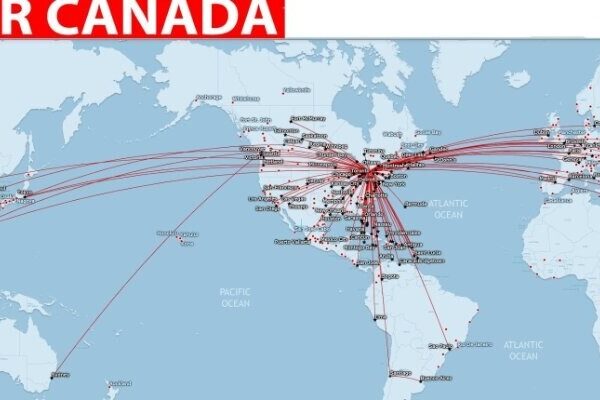Wishes for being able to transfer molecules through space (“Scotty, beam us up,” Star Trek) fly about like mosquitos.
While many people are eager to travel, one of the major deterrents from moving from here to there is having to deal with the chaos, confusion, and long distances at airports that challenge even the nimblest and most athletic.
From the need to walk miles from one gate to the next, poor-quality air and dirty and inaccessible toilets, to high-priced food and surly employees, along with an almost total disregard for travelers with disabilities – all are roadblocks to increasing travel frequency. Who to blame? These issues can be placed at the feet of government officials, airport designers, and airport/airline corporate executives.
Impactful Decisions
The Census Bureau estimated that over 42.6 million people in the United States (13 percent), have some type of disability that may impact on their mobility, vision, hearing, or cognition. The Bureau also finds that older adults are more likely to have a disability and the number of seniors is rapidly increasing. On a global level, approximately 1.2 billion people (between 15-20 percent of the world population) live with a disability. By 2050, the number of people aged 60+ y/o will reach approximately 2.1 billion.
As air travel becomes an “ordinary” way to travel and in some cases the only way to get from point to point, older adults and people with disabilities are traveling in greater numbers. However, without accommodations (i.e., appropriate assistance from the check-in counter to the gate, or effective communication of flight information through technology or other means), air travel for people with disabilities can be extremely challenging and off-putting.
It Is the LAW
In general, airports and airlines are required to provide accessible facilities and reasonable accommodations through federal statutes, but many (if not most) fall short of the mark.
According to the Americans with Disabilities Act (ADA):
• A person has a disability if he or she has a physical or mental impairment that substantially limits at least 1 major life activity
The Air Carrier Access Act (ACAA) defines an individual with a disability:
• A person who has a physical or mental impairment that, on a permanent or temporary basis, substantially limits one or more major life activities
• Has a record of an impairment or is regarded as having an impairment
In regard to airports and the passenger experience the starting point is the airport entrance, which extends through to the departure gate and includes the use of the facilities including restrooms, access to baggage claim, and ends at the ground transportation zone.
Millions Restricted
The Bureau of Transportation Statistics (BTS) determined that 27 million Americans (5+ y/o and older) have self-reported travel-limiting disabilities (2019). The ADA prohibits “discrimination and ensures equal opportunity for persons with disabilities in employment, state and local government service, public accommodations, commercial facilities, and transportation.” In 2021, the Department of Transportation (DOT) received 1394 disability-related complaints, a 54 percent increase from 2019. The DOT (2018) released data reporting 32,445 disability-related complaints – noting a 7.5 percent increase from 2017. Almost 50 percent of the complaints reported related to failure to provide adequate assistance to travelers using wheelchairs.
It is true that the ADA does not extend to airline passengers, however, it does mean that people with disabilities have the right to certain accommodations such as interpreters and TTY technology that might make it safer for disabled travelers to organize their travel.
Passengers with disabilities are entitled to certain accommodations, free of charge under the Air Carrier Access Act (ACAA).
This act states that all domestic and international flights that have the US as the destination or origination point are required to provide necessary accommodations to people with disabilities to ensure safe travel.




